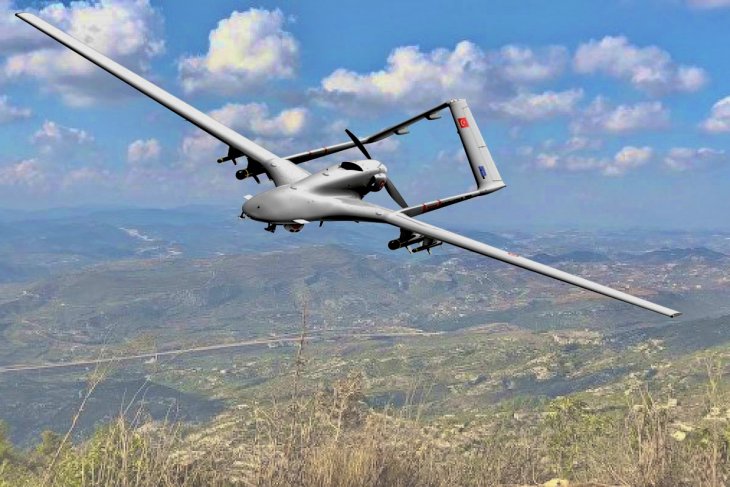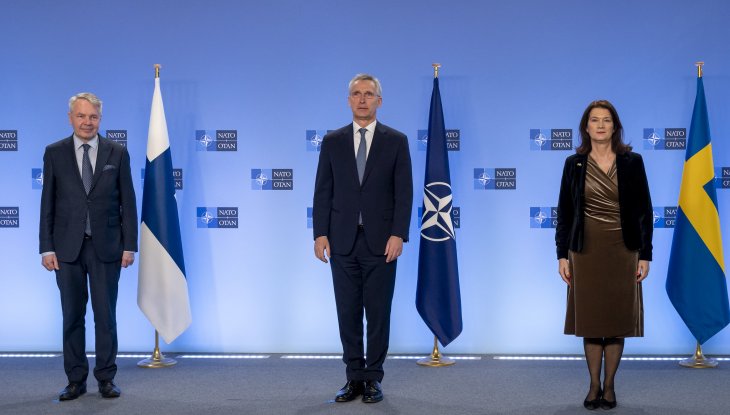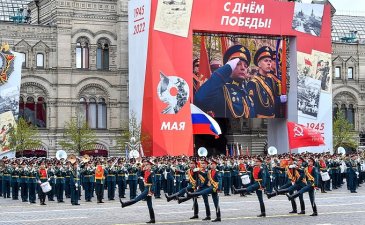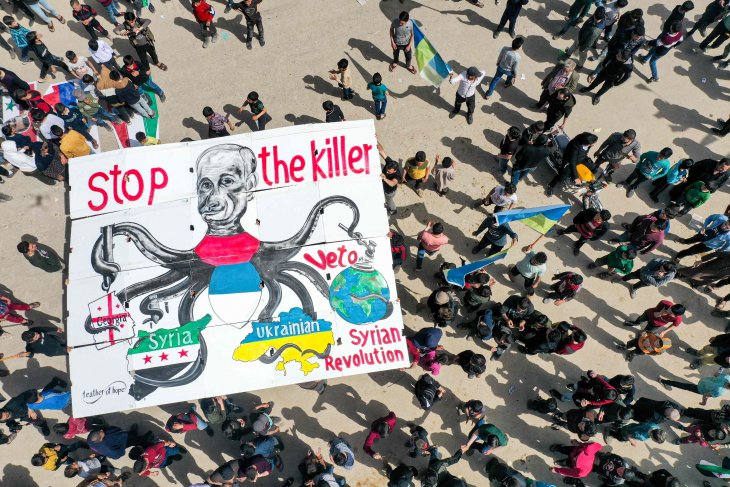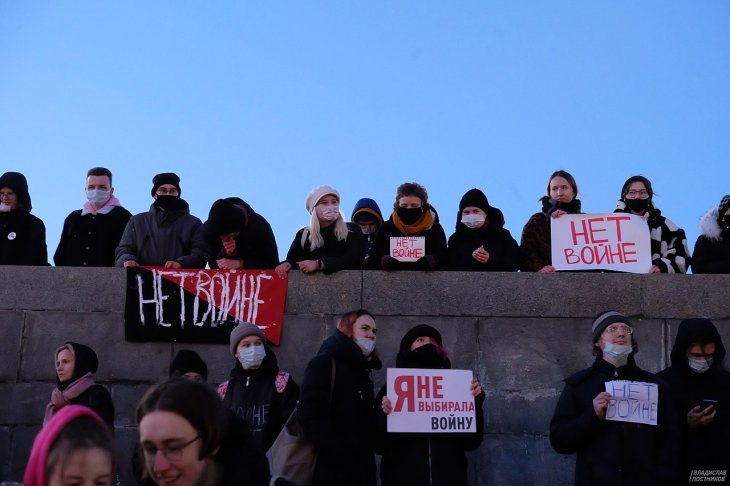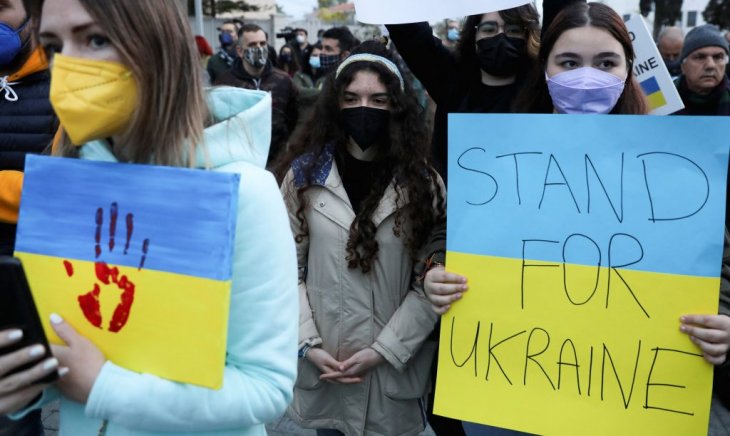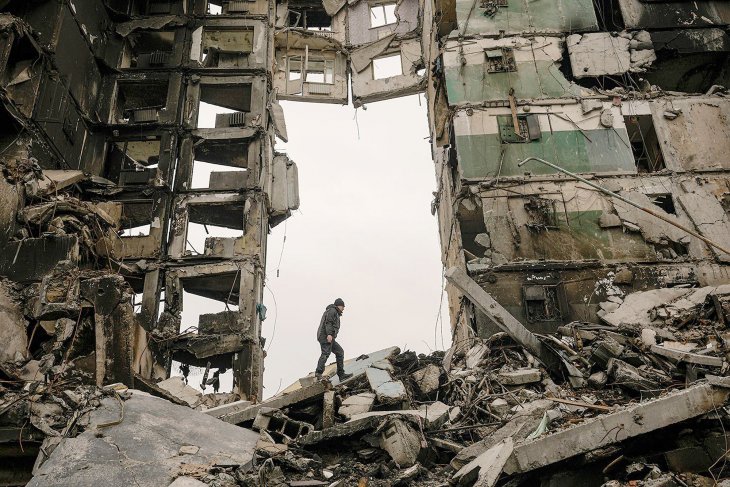Russia’s aggression against Ukraine has energized the North Atlantic Alliance in every possible way, reviving its purpose and unity, and granting it new attractiveness in Europe and greater prominence in the Indo-Pacific.
The prospect of Finland and Sweden joining the 30 member-states was hypothetical last autumn, when Moscow issued the ultimatum demanding that NATO curtail its activities in Eastern Europe; it became realistic as public opinion in both countries reacted to the onset of a major war in the middle of the continent, and has become practical as the two governments finalize the accession applications to be submitted this week.
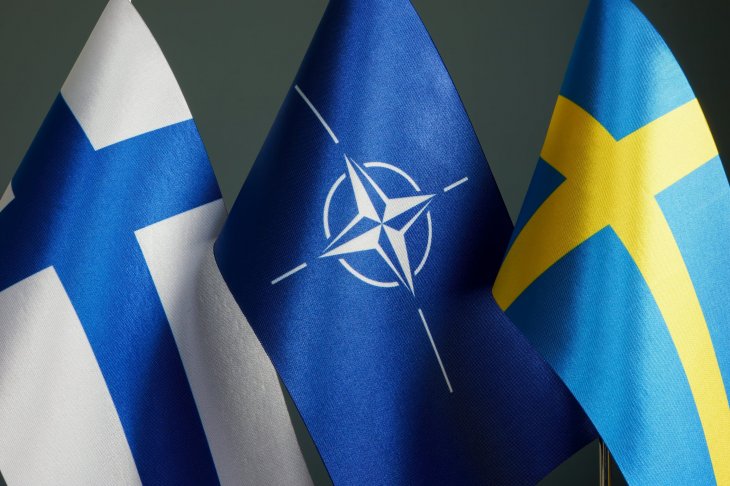
Image: Shutterstock
President Vladimir Putin reflected on his failed posturing in the May 9 speech addressing the military parade on the Red Square, and last Friday he put the issue of NATO expansion on the agenda of the virtual session of his Security Council (Izvestiya, May 13).Read More
